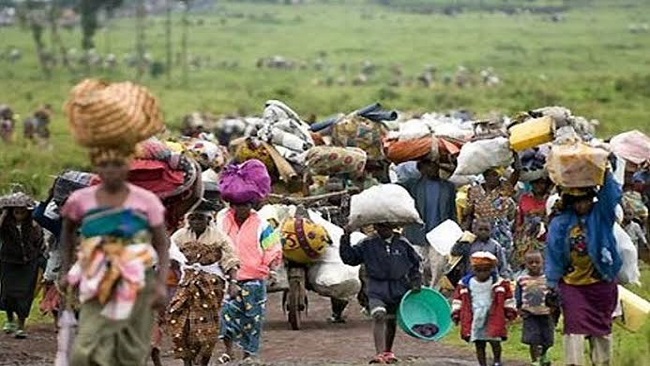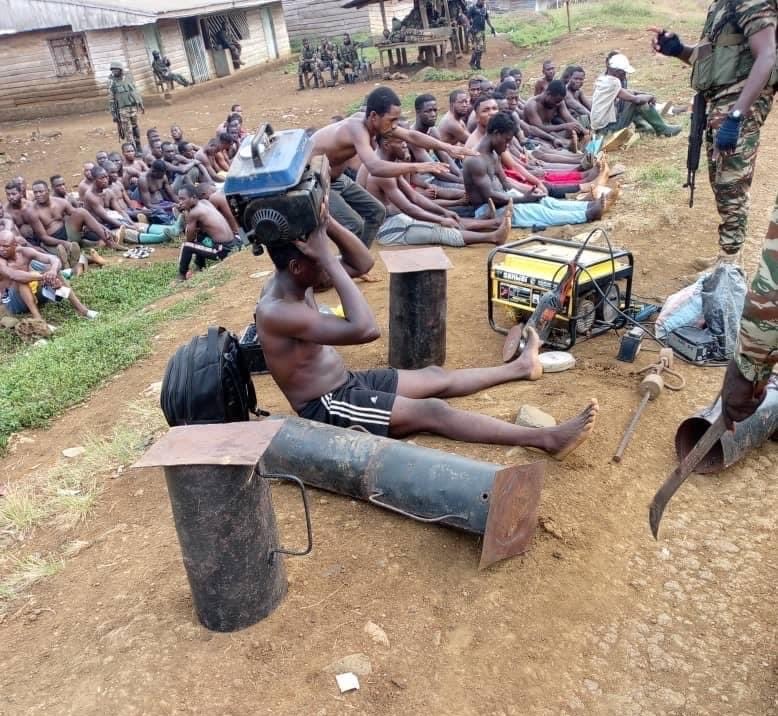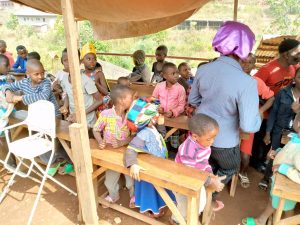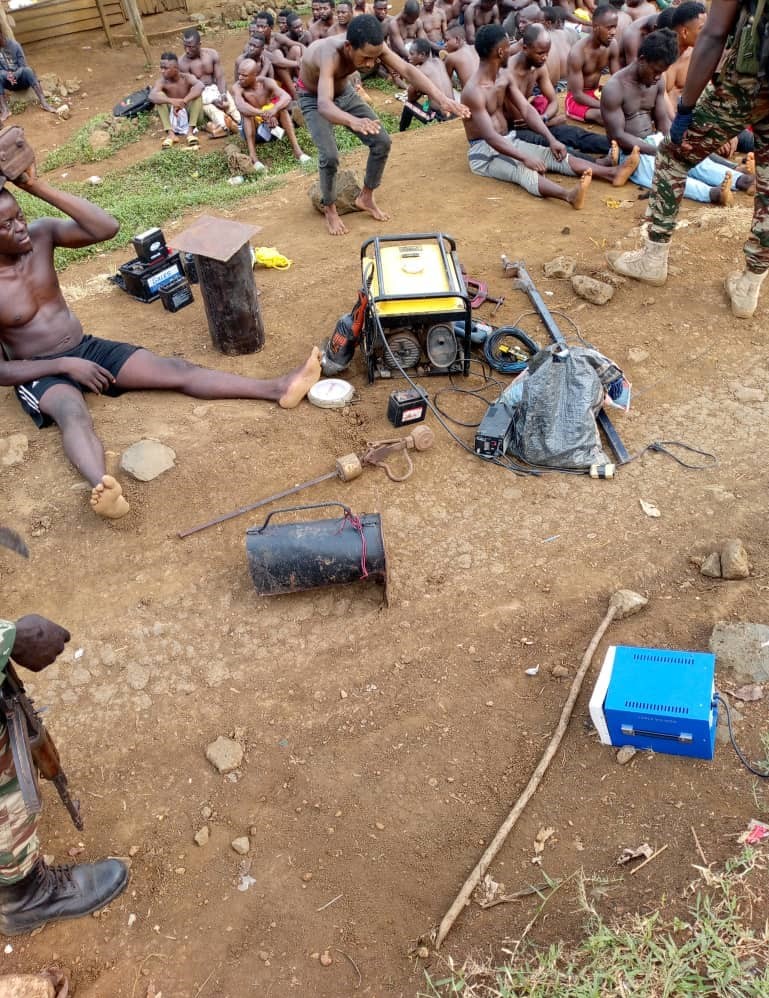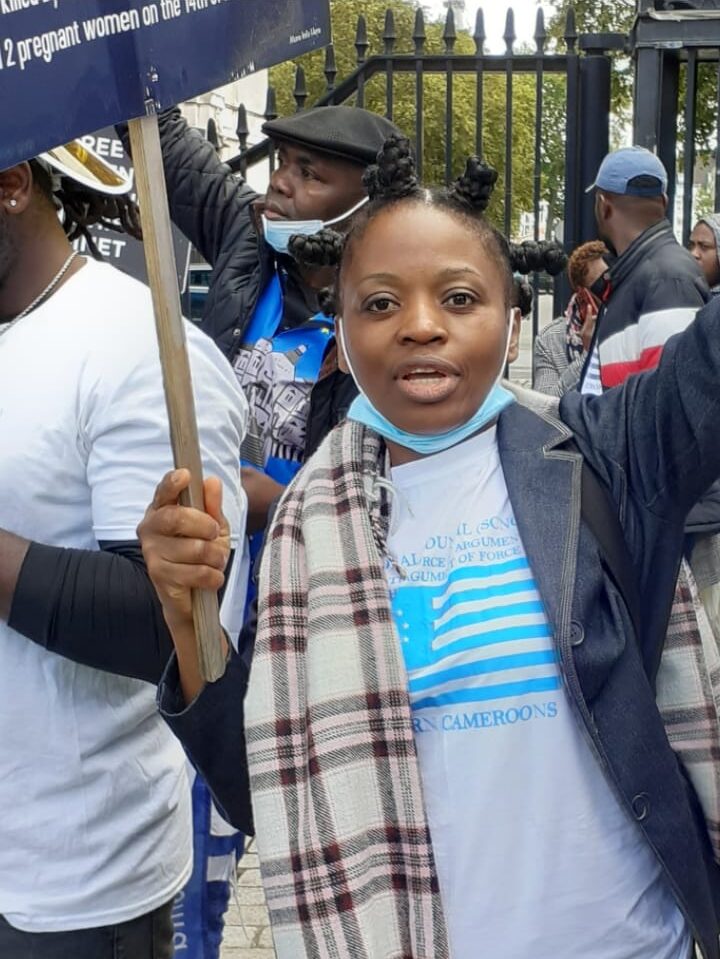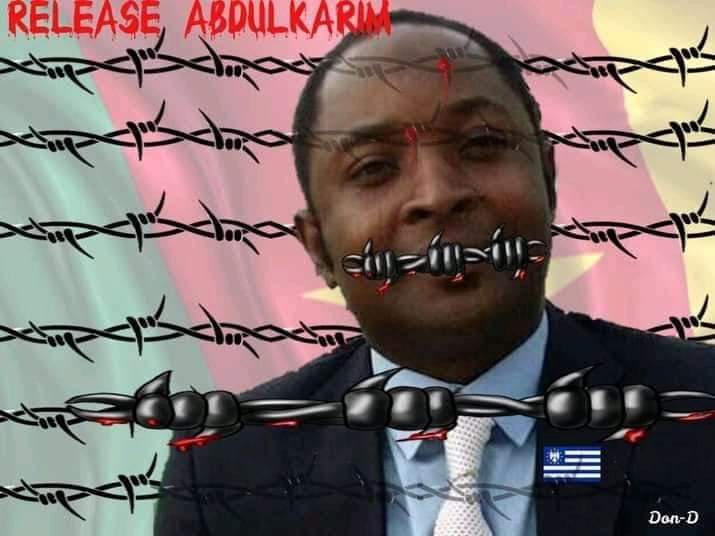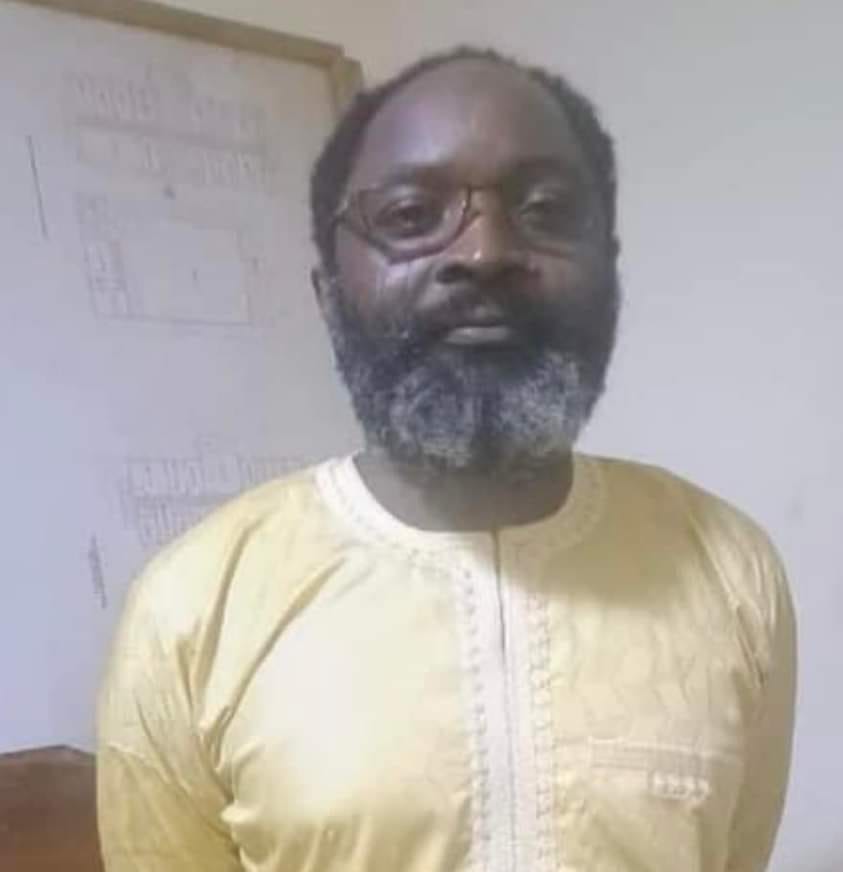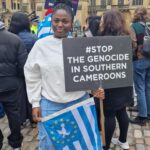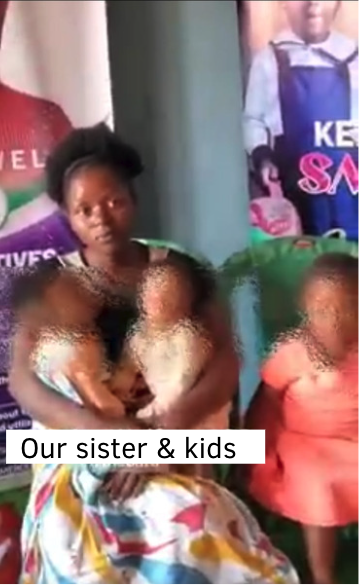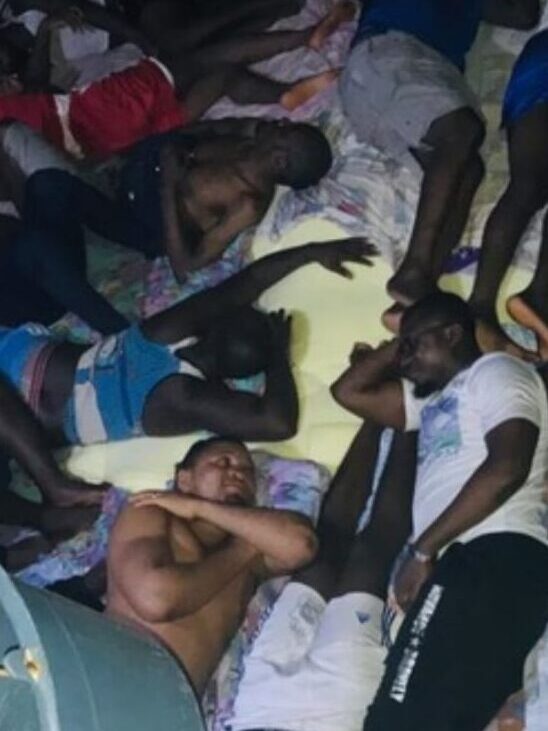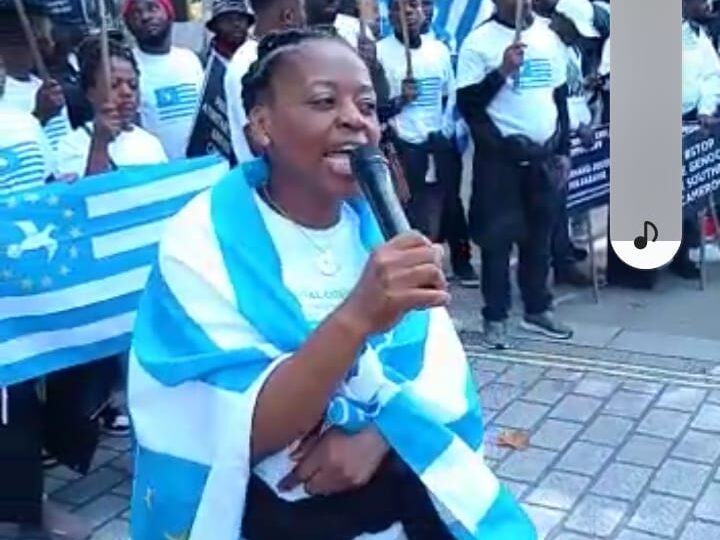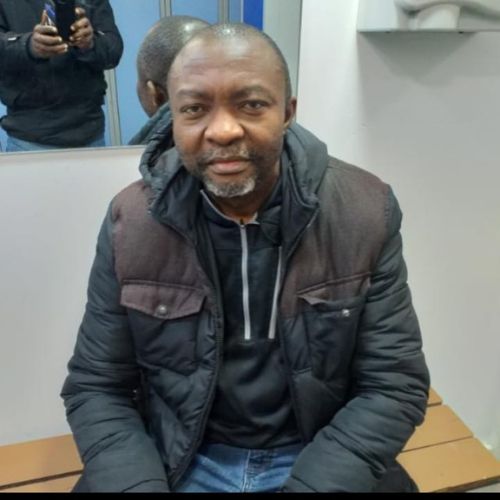Killed for Reporting on the Anglophone Crisis.
Over the years, the Anglophone crisis has seen a steady increase in government forces cracking down on journalists to eventually suppress, silent and restrict their freedom of expression with regards to reporting on the crisis.
The government tag journalists who attempt to report on the Anglophone Crisis as tarnishing the image of the country. To the regime, such reporting is being critical on the government. The government will rather influence the reports of journalists or brand them as tarnishing territorial integrity. In other instances, they label journalists as terrorists without any justifications.
Consequently, many journalists now find themselves trapped between the tight choice of their professional functionality and the heavy penalty of harassment, intimidation, arbitrary arrest/detention and even death without committing any crime known to law.
The role of the media in shaping the outcome of an armed conflict cannot be overemphasized.
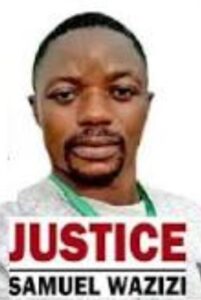
Eventually, with armed conflicts come the devastating loss of civil lives and livelihoods, the use of violence/torture, the violations of human rights, the killing of prisoners of war and other forms of war crimes. While it remains true that armed conflicts attract media attention, the coverage and release of information is primordial to impacting public opinions and decision-making with regards to the conflict.
What then becomes the fate of the Anglophone Crisis under these circumstances of insufficient and biased media coverage. Tragically, aside limiting access for international media, the regime of Paul Biya is killing journalists to prevent the realities surrounding the brutal and systemic genocide perpetuating in Southern Cameroons from being exposed.
For several years now, the conflict has been ranked amongst the most neglected ones by the Norwegian Refugee Council (NRC). Particularly, the conflict was top on the NRC list for 2 consecutive years, that is, in 2019 and 2020. So far, global response and media coverage on the Anglophone Crisis has been very poor. The plight of Southern Cameroonians following the genocide inflicted on them by the Biya regime of Cameroon rarely makes it to international headlines. Thus, depriving the suffering people of the necessary assistance and diplomatic interventions that will bring the conflict to an end.
Since the onset of the Anglophone Crisis, many journalists have had to face unlawful arrests and a lot of traumatising situations. In 2022, Amnesty International and other civil society organisations demanded that the government of Cameroon should free journalists that had been arrested and detained for exercising their rights to freedom of expression. Among them included Tsi Conrad, Mancho Bibixy, Thomas Awah, Kingsley Formunyuy Njoka and many more.
The story of Samuel Ajiekah Abume, a journalist popularly known as Samuel Wazizi is particularly chilling. He worked for a local broadcaster based in the Southwest Region of Southern Cameroons. Wazizi, who hosted the “Halla ya Matta” (Shout out your Problem), a weekday pidgin show on Chillen Muzik TV, was arrested by police in Buea on August 2, 2019.
His employer explained that at the time of his arrest, the armed police officers who arrested him claimed he was being invited by their boss to gather information in relation to a certain pidgin news. After being arrested, he was detained incommunicado at the national gendarme (a military police force), without any contact with his family or access to legal advice. Subsequently, he died in detention on the 17th of August 2019, just 15 days after his arrest. A journalist in good health suddenly dies in detention.
Throughout the period of detention, Wazizi’s state of health and exact location was unknown despite efforts being made to get in touch with him. The official military statement of his death was made on June the 05th, 2020, 10 months after he died. No explanations were put forth why the government concealed his death for 10months and why his remains were never handed to his family till date.
His death was reported over several local television channels and newspapers. Specifically, according to Equinox TV, Samuel Wazizi died from wounds and injuries sustained after his arrest which suggested that he was tortured.
The government accused him of speaking critically on the air about government authorities and their handling of the anglophone Crisis. Other versions reported that he exposed military atrocities committed against Southern Cameroonians in his reports and did not take sides with the government. The military further accused him of communicating with separatist fighters, charges his family and colleagues denied vehemently. The government presented no proves of it’s accusations till date.
His death was described on several media pages as the worst crime ever committed against a journalist. His remains were never seen nor handed over to his family. No explanations were brought forth by the government over the circumstances surrounding his death. Although a commission of inquiry arose requesting explanations from the government, they were silent. The government claimed he died from sepsis but never provided any prove to support their claims. Despite the press for investigation from the Committee to Protect Journalists (CPJ) over the exact circumstances that led to the death of Wazizi, the government remained silent till date.
Justice for Wazizi is justice for all journalists in Southern Cameroons.
Tomorrow, it could be another if corresponding action is not taken.
Author: Dorothy Arrey
Freedom fighter and Humanitarian Lead
Follow on twitter for more at Dorothy Arrey



